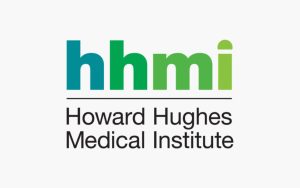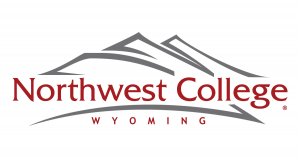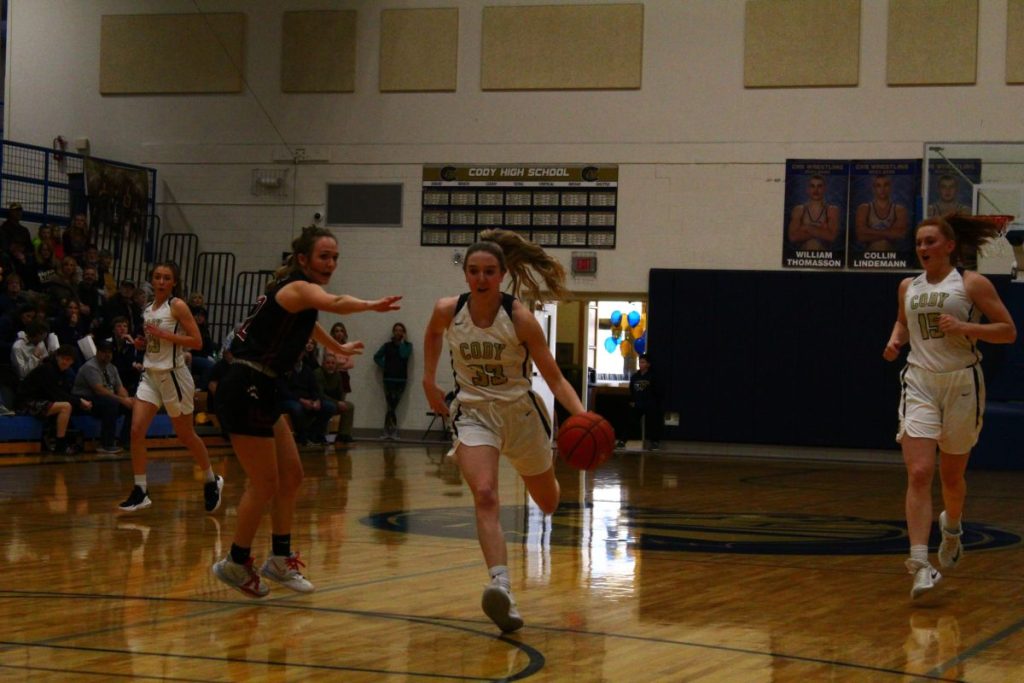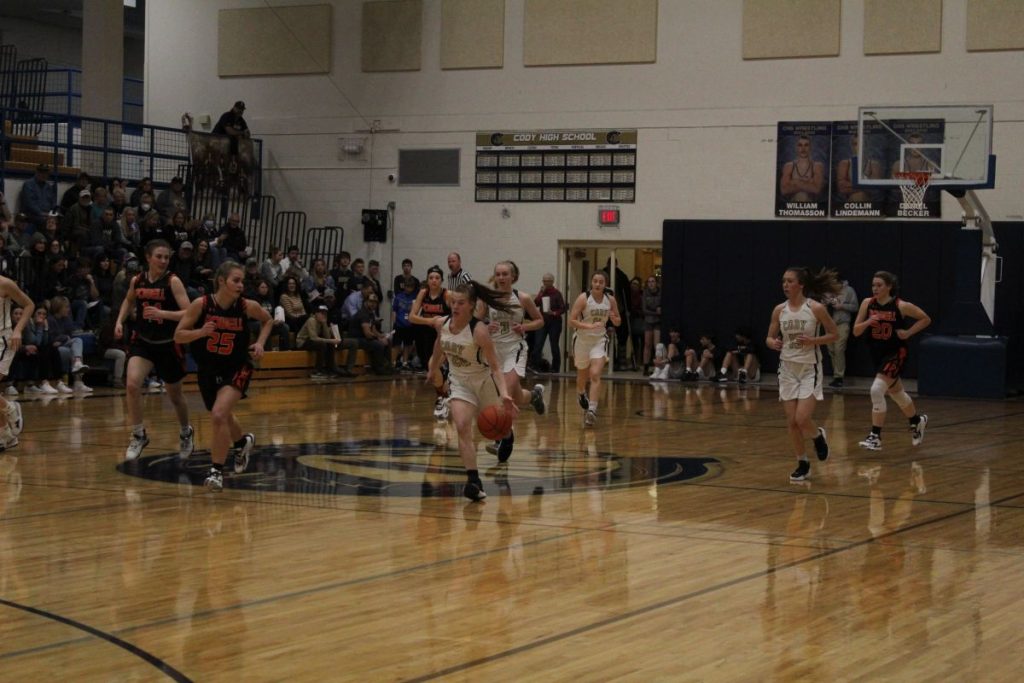U.W. Inclusive Excellence Grant Supports Community College Relationships
Written by Andrew-Rossi on December 15, 2022
Northwest College is leading the way in a new partnership with the University of Wyoming, which is using a grant to make S.T.E.M. education more accessible for minoritized and marginalized kids.
The University of Wyoming is the recipient of a six-year grant as part of the Howard Hughes Medical Institute’s (H.H.M.I.) Inclusive Excellence 3 (IE3) initiative that will support ongoing collaborative relationship-building projects between Wyoming community colleges and U.W.
The grant will be used among U.W., Northwest College, Eastern Wyoming College, Western Wyoming Community College, Laramie County Community College, and Casper College to develop learning communities dedicated to “building capacity” to better include minoritized and historically marginalized students in S.T.E.M. (science, technology, engineering, and mathematics) fields.

U.W. is among 104 colleges and universities nationwide that will receive grants through H.H.M.I.’s IE3 initiative to continue critical work to build capacity for the inclusion of all students in science.
“The grant is awarded to the entire national learning community, members of which worked collaboratively throughout the spring and summer to co-write the proposal,” says Rachel Watson, UW’s Science Initiative Learning Actively Mentoring Program (LAMP) director, who leads the Wyoming inclusive excellence program.
The grant totals more than $8 million over the six-year grant period, with nearly $1 million of the award managed by U.W. This award will be allocated to two separate endeavors: It will enable the Wyoming inclusive excellence learning community work, and it will be used to allow the entire national learning community to continue learning, relationship-building, and generating a greater understanding of inclusive excellence together.
The work of the Wyoming inclusive excellence team began in 2019, with focus groups to select one of three inclusive excellence challenges offered by H.H.M.I.:
- Making the content of the introductory science experience more inclusive
- Evaluating effective inclusive teaching, and using the evaluation in the rewards system, including faculty tenure and promotion
- Creating genuine partnerships between two- and four-year colleges.
Watson says that focusing on the third challenge was motivated by the emphasis on relationship-building.
“After submitting a pre-proposal, the COVID-19 pandemic and ensuing tides of social reckoning changed the landscape of our nation,” Watson says. “The H.H.M.I. Science Education team then turned a lens inward to interrogate the inherent exclusivity of the granting process. They invited all institutional teams writing successful pre-proposals to join learning communities centered on their chosen challenge.”
U.W. became one of 15 institutional teams in the two-year/four-year partnership learning community.
In addition, Watson is on the national team focused on facilitating community-building dialogue. Along with this work, U.W. was awarded a small learning grant to complete an institutional ethnography at each of the five partnering Wyoming community colleges.
The institutional ethnography work has been spearheaded by qualitative research expert Reshmi Singh, a U.W. School of Pharmacy associate professor, and Rosemary McBride, a U.W. College of Education doctoral student from Rawlins. The study has been accepted for submission to the Thresholds in Education journal and was presented by McBride at the Council for the Study of Community Colleges Conference in Tempe, Ariz., this past spring.

Courtesy Northwest College
Northwest College prominently factors into U.W.’s plans, being the first to host a learning community pilot program through the grant.
Northwest College is the first community college in the state to partner with the U.W. in the new H.H.M.I. Inclusive Excellence 3 Grant (HHMI IE3).
“During the spring semester, using what we have learned from the N.W.C./U.W. learning community pilot program, we will launch at least one additional learning community with one of our other community college partners,” Watson says. “These learning communities will be implemented, facilitated, and assessed based upon best practices. We predict that these learning communities will enhance social networks, decrease feelings of isolation and decrease implicit bias.”
Also, during the first phase of the team’s work, the group piloted the formation of a learning community composed of N.W.C. and U.W. educators. The educators are trained in inclusive pedagogy and inclusive research techniques, such as transdisciplinary research. They are planning a spring semester “Learner Showcase” at N.W.C. that will feature diverse research and creative activity and invite participants for dialogue sessions focused on inclusion in research.

